The presence of mosquitos can easily ruin a pleasant evening outdoors. Keeping mosquitos at bay is a big business for companies selling sprays, chemicals, foggers, citronella candles and more to try to make our lives more comfortable. You can help repel mosquitos with the natural mosquito repellent properties of certain plants. This list of 15 plants to grow that naturally repel mosquitos will work double duty to beautiful your outdoor space and solve your mosquito problem.
There are over 3,000 species of mosquitos worldwide, however, only 176 species have been identified in the United States. Northern states are plagued by the least amount of mosquitos, while you can find 85 species of mosquitoes in Texas. Florida is in second place for the mosquito population where 80 mosquito species have been identified. While not all species spread disease, the 3% of mosquito species that do spread disease are known to spread Zika, West Nile, Chikungunya virus, dengue, and malaria.
15 Plants to Grow that Naturally Repel Mosquitos
Ageratum
Ageratum, also know as the floss flower, is very heat and has a long growing season. The purplish blue or pink and white blooms attract pollinators such as bees and butterflies. Ageratum secretes a chemical know as coumarin, which is a mosquito deterrent. Coumarin is used in many commercial mosquito repellants. Ageratum is toxic when ingested and can cause skin irritation; carefully select a planting site away from children and pets.
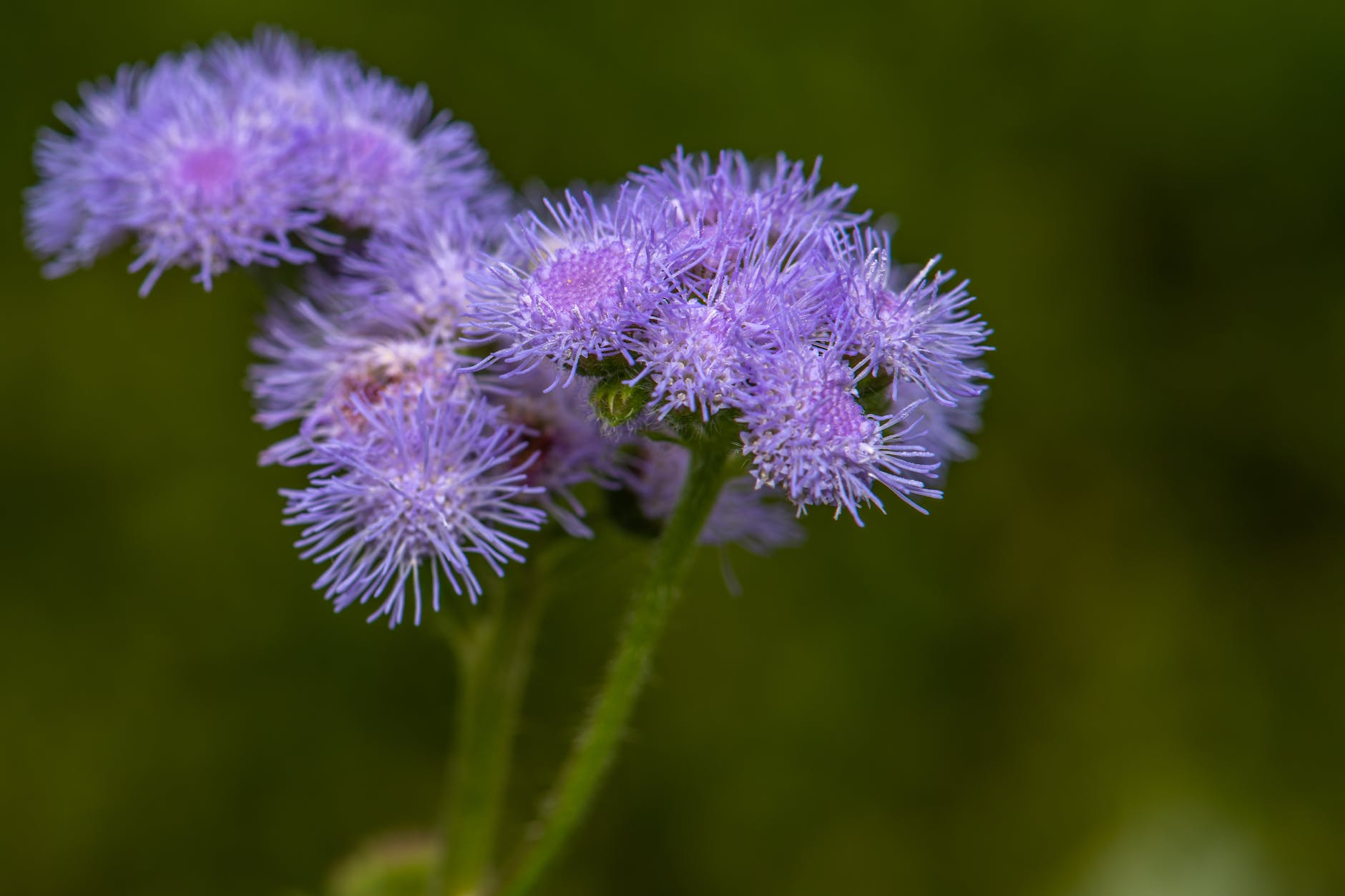
Basil
The natural strong fragrance of the basil plants repel mosquitos and discourages them from lingering. As an added bonus, basil also repels flies, so it is a wonderful addition to an outdoor dining area. In the vegetable garden, basil improves the flavor of tomatoes and attracts pollinators.
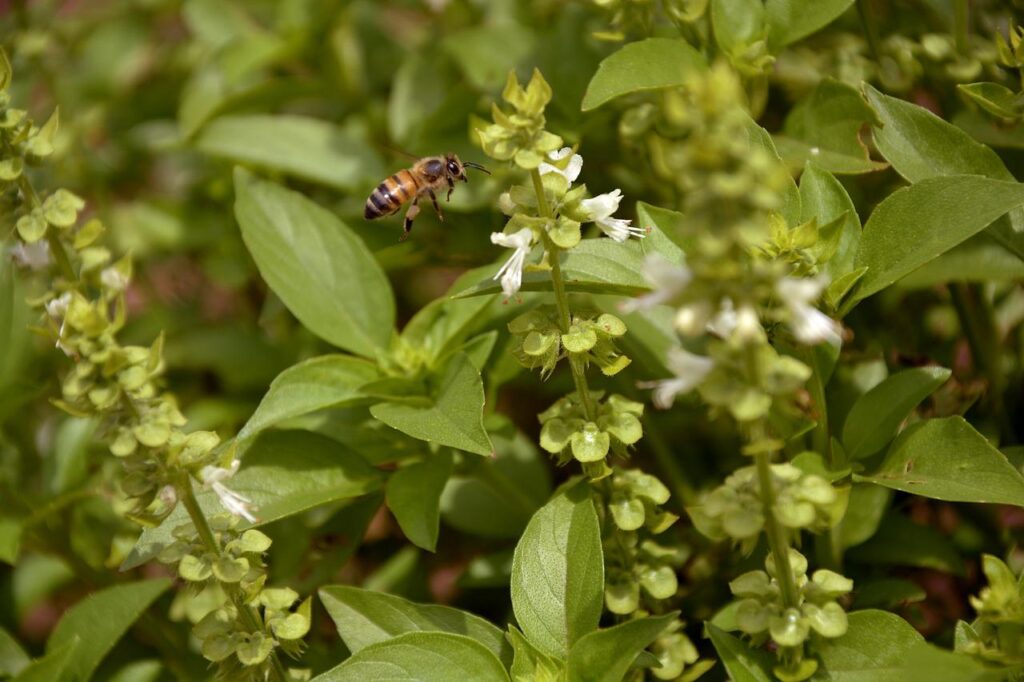
Citronella
The citronella plant, commonly known as the mosquito plant, is one of the top mosquito-repelling plants. You will instantly recognize the fragrance of this plant as it is the plant in which citronella oil is derived. Citronella oil is extracted from the leaves of the citronella plant. The citronella plant is fairly drought tolerant, prefers fertile well-drained soil and likes afternoon shade.
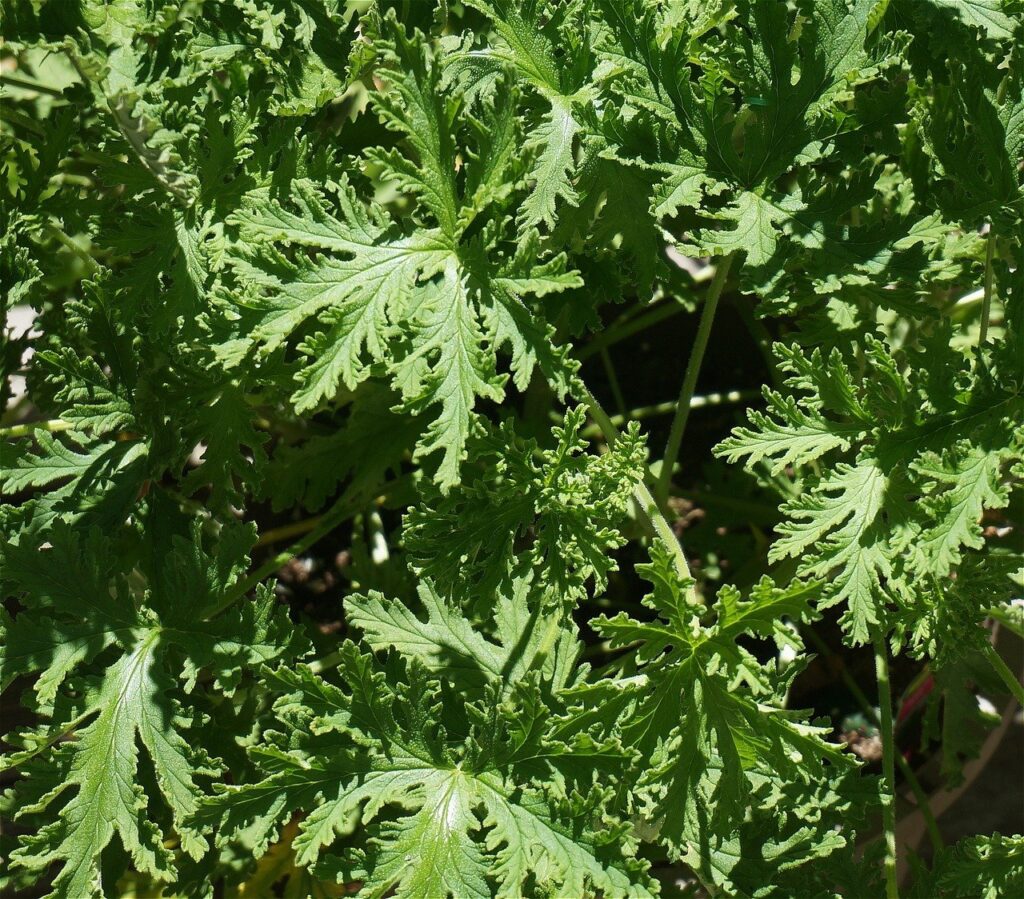
Catnip
While catnip is best known as a feline attractant it works just as well to repel mosquitoes. Catnip contains the chemical nepetalactone, which is a strong mosquito repellent. A study by the American Chemical Society reported that the chemical nepetalactone is about 10 times more effective at repelling mosquitos than DEET. The catnip plant can be invasive if planted in the garden area; it is best to plant catnip in a container or pot.
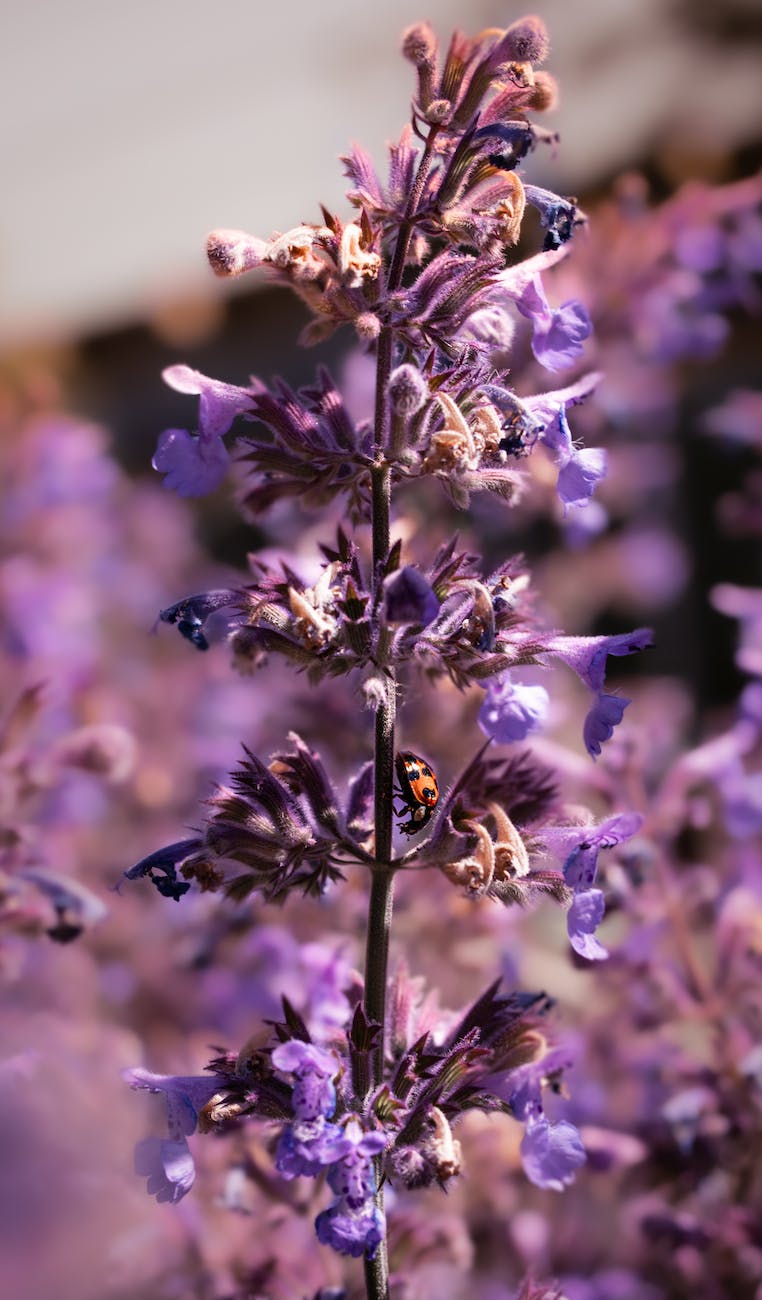
Garlic
A member of the allium family, garlic, is an all around great deterrent in the garden for several pests due to its pungent smell. Garlic repels aphids and ants and will also keep mosquitoes away.
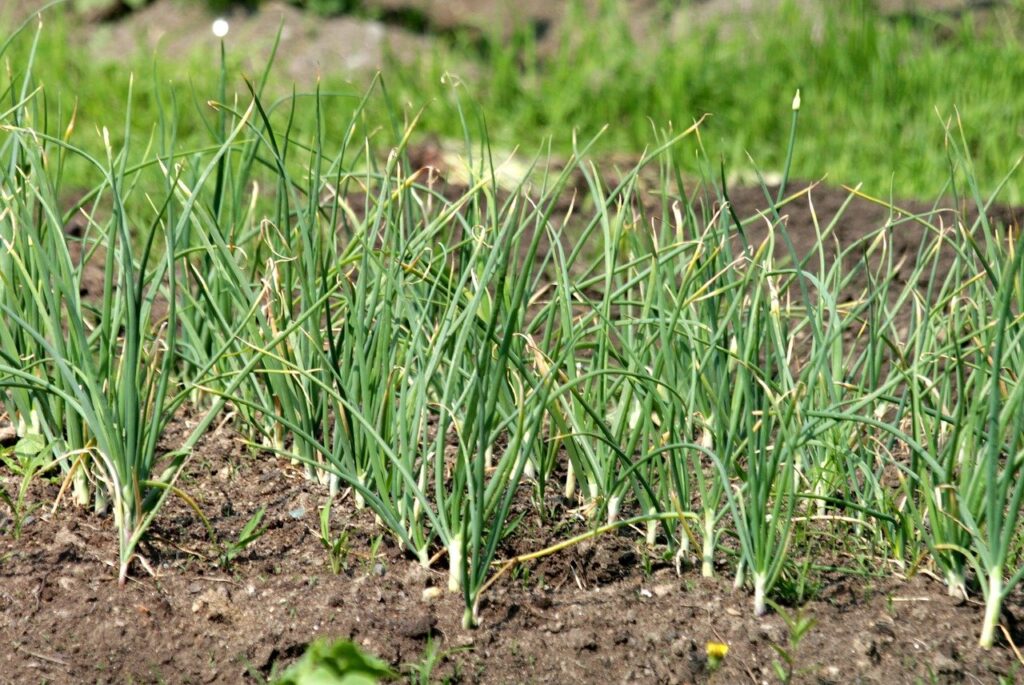
Lantana
Flowering lantana camara has been proven to be an effective low cost mosquito repellent. A study published in the Journal PLOS ONE (Public Library of Science) gives scientific proof that lantana works to deter mosquitoes. Lantana is a wonderful low cost solution to provide mosquito deterrent in countries such as Africa, where malaria carrying mosquitoes are present. Mosquitoes feeding on the lantana flowers were also shown to experience shorter lifespans and decreased reproductive success.
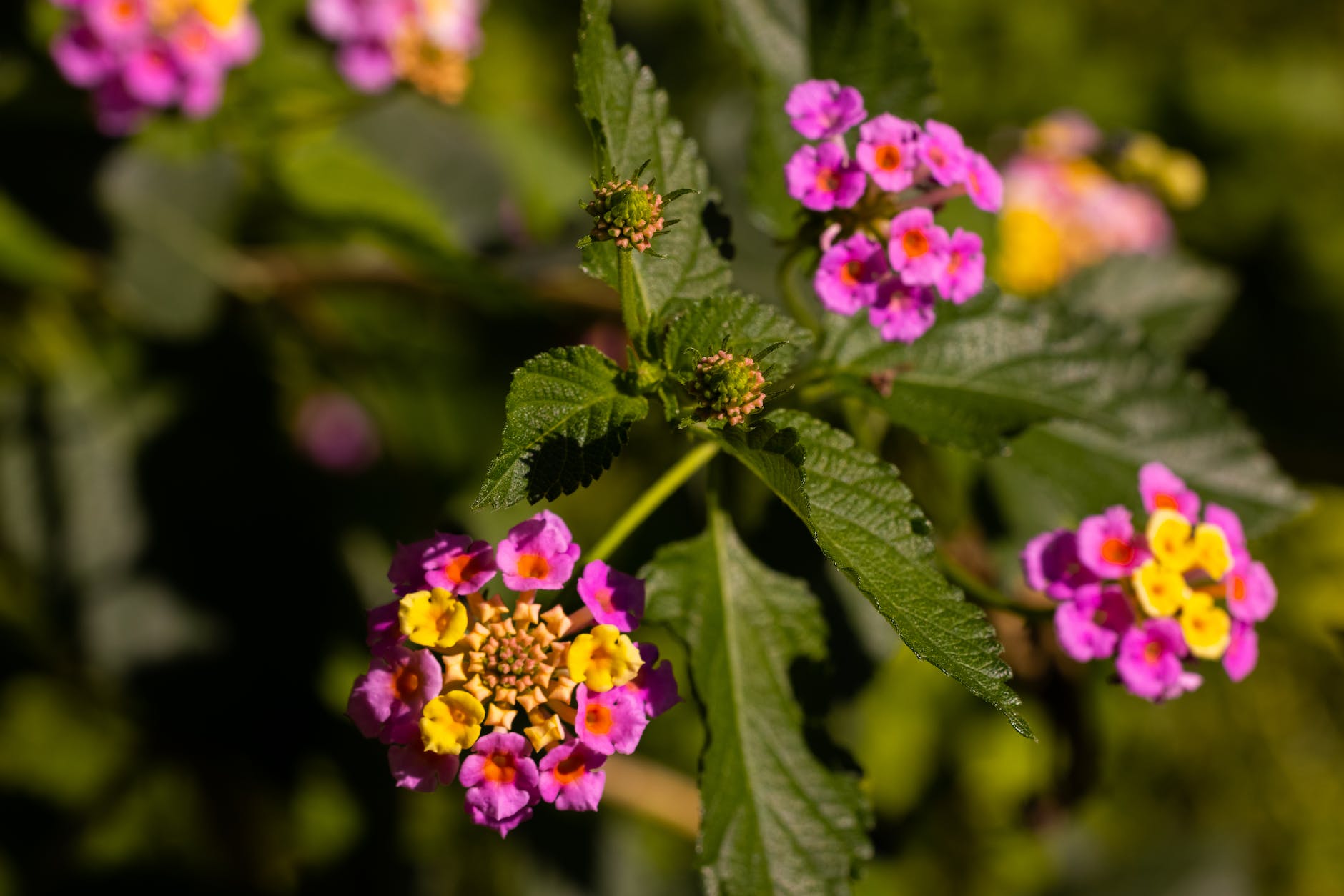
Lavender
Lavender is a great all around plant that serves both botanical, medicinal and culinary purposes. All lavender varieties prefer full sun and somewhat dry soil. The crushed purple flowers produce a fragrance and oil. Lavender oil contains up to 25% linalool which is an active ingredient known to repel mosquitoes.
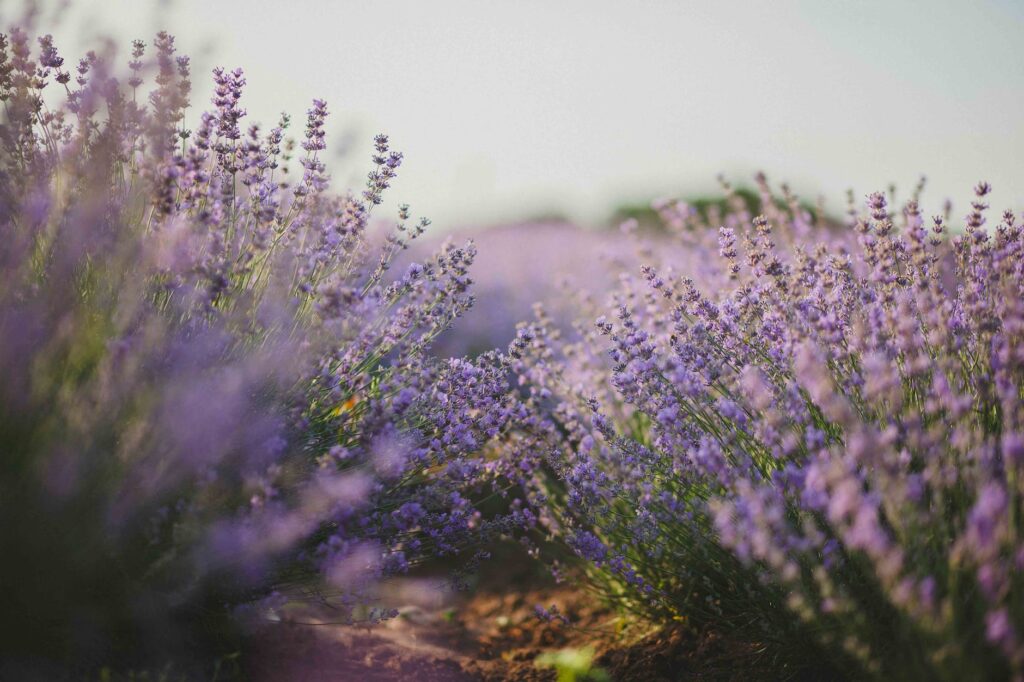
Lemon Balm
Lemon balm, which is a member of the mint family, is a very useful addition to your landscape, spice cabinet and medicine cabinet. The leaves, with a slight hint of lemon can be dried for use in herbal teas. Add whole fresh leaves to salads or chiffonade the leaves for a flavorful addition to cut fruit. As with most members of the mint family, lemon balm can be invasive so most prefer to plant it in a container. The citrus aroma of the plant’s leaves deter the mosquitos from the area.
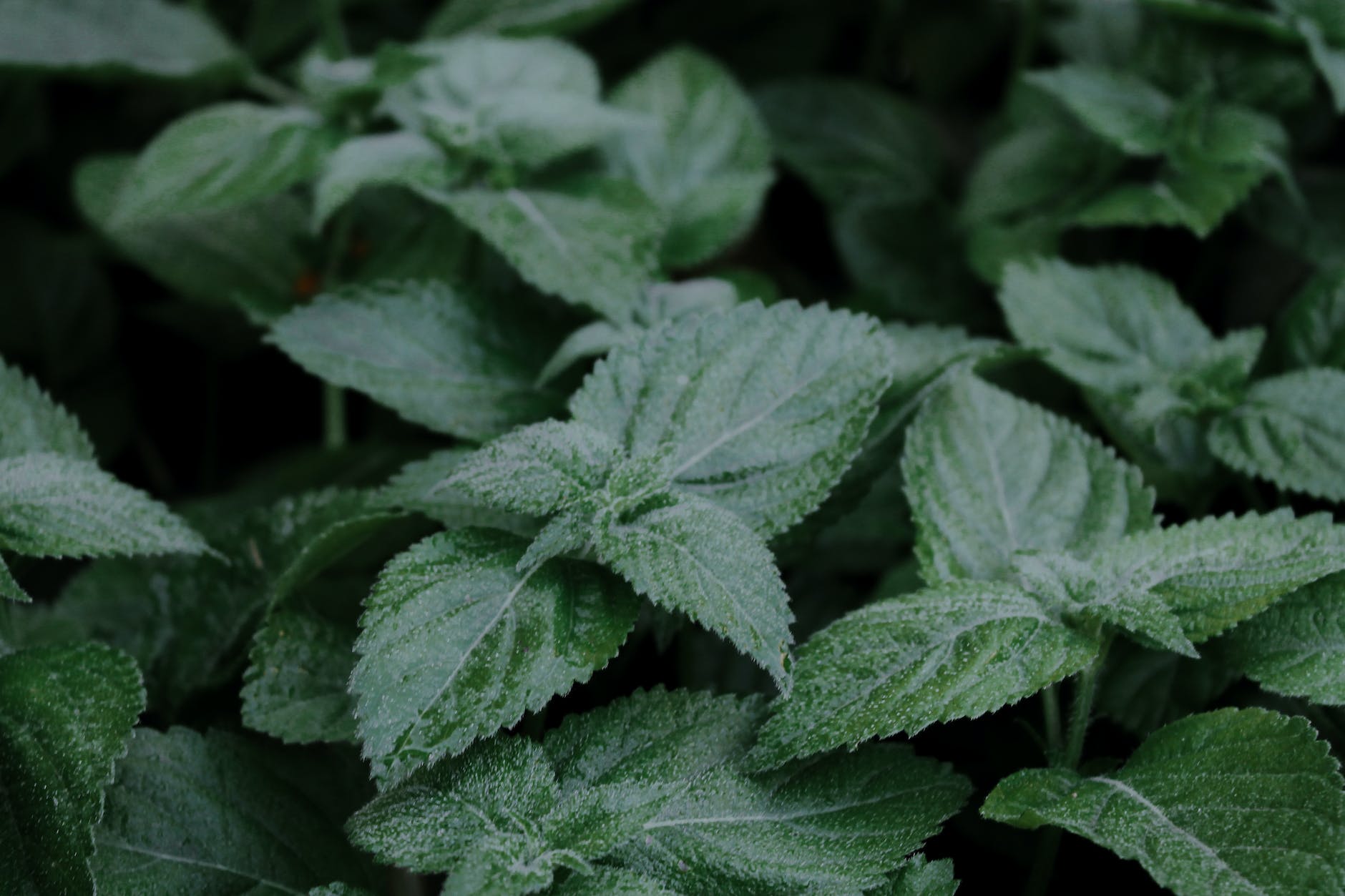
Lemon Grass
Lemon grass is popular in Asian cooking adding a citrus flavor to soups, sauces, stir-frys and more. The large grass type clumps add visual height and privacy to your landscape. It is known as a natural insect repellent.
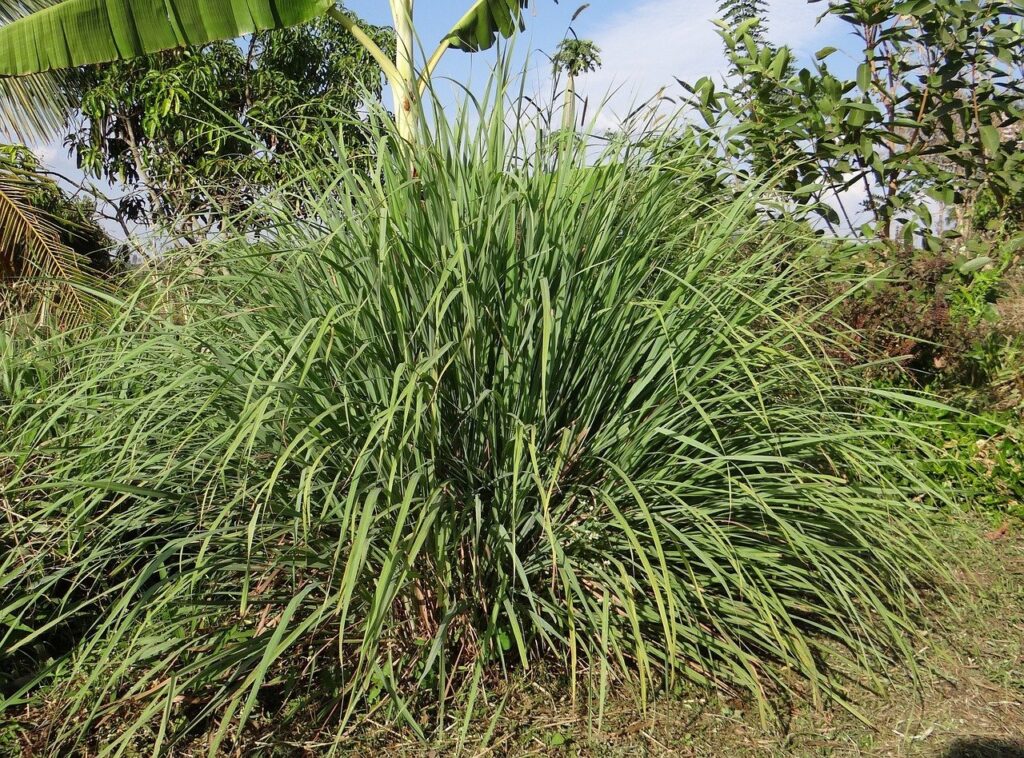
Lemon Thyme
According to an article by David Lewis, a professor of entomology at Iowa State University, crushed lemon thyme leaves have a 62% repellent potency as DEET. Now that is natural mosquito control I can get behind!
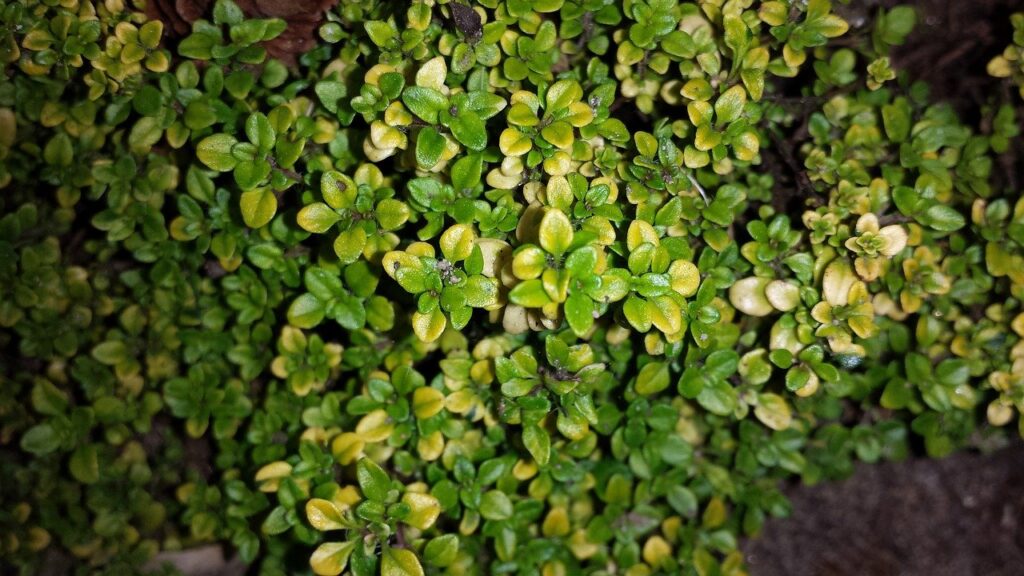
Marigold
Not only do the orange and yellow marigold blossoms add a pop of color to your garden, they also ward off many pests. Marigolds contain a compound called pyrethrum working as a natural deterrent to many insects. You will find marigold is a popular companion plant in the vegetable garden for it’s wide range of pest repelling properties.
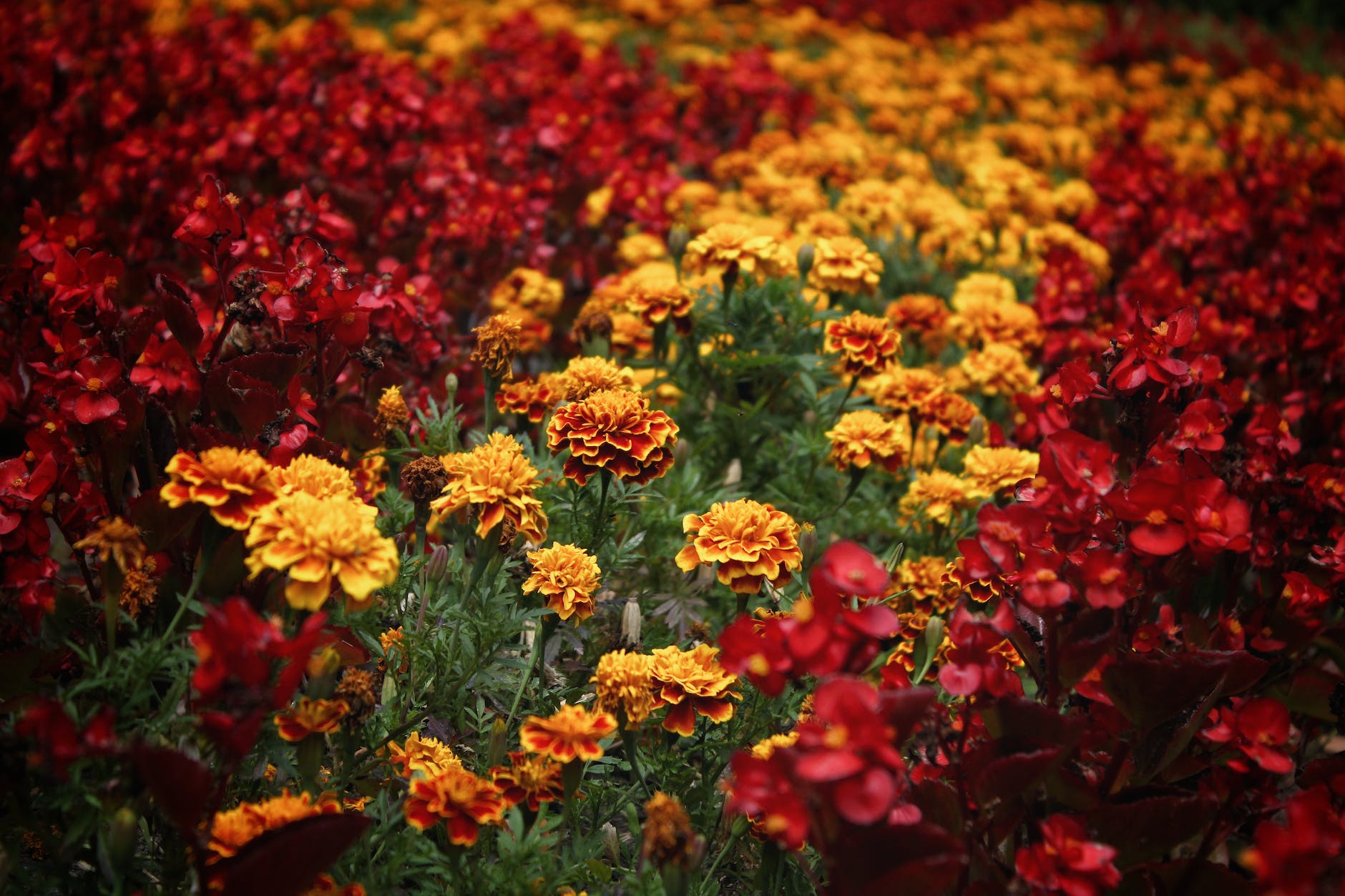
Monarda
Monarda, commonly referred to as bee balm, produces an array of gorgeous blooms in red, purple, white and pink. Bee balm is not only visually appealing in the garden, it will also attract bees, hummingbirds and butterflies. As bee balm grows and blooms it releases a fragrance that is a natural effective mosquito repellent.
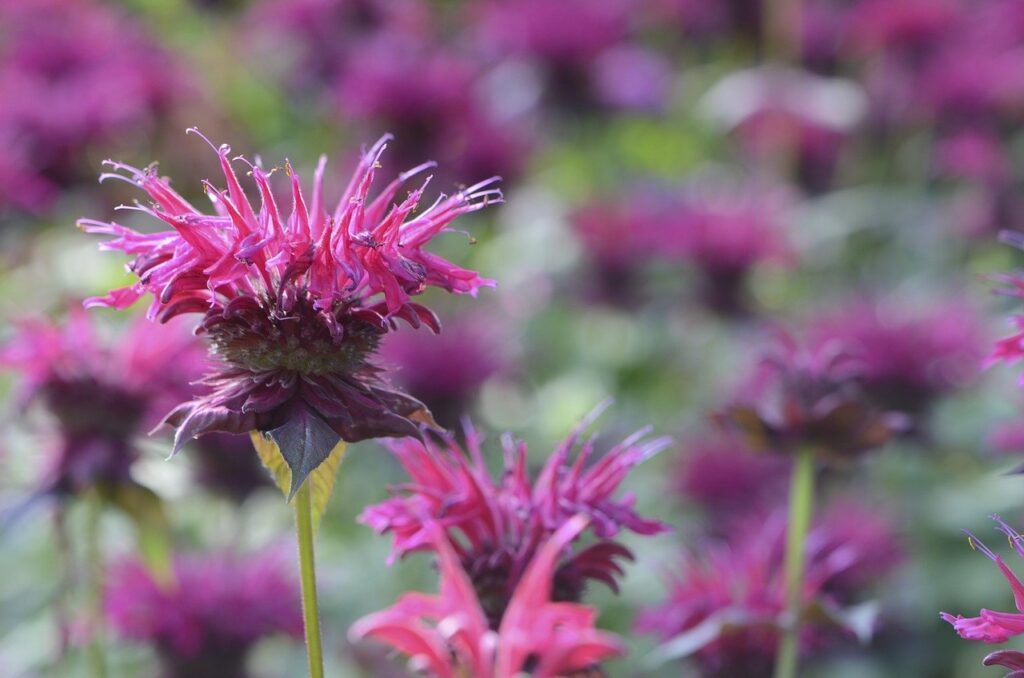
Peppermint
Try crushing the fragrant leaves of the peppermint plant to release the oils onto your clothing or skin to repel mosquitos. You can also cut a few stems of peppermint, slightly bruise the leaves to release the peppermint oil and tuck the sprigs into your pocket when doing outdoor activities. Incorporate peppermint stems in flower bouquets for outdoor dinners and events for fragrance and beauty.
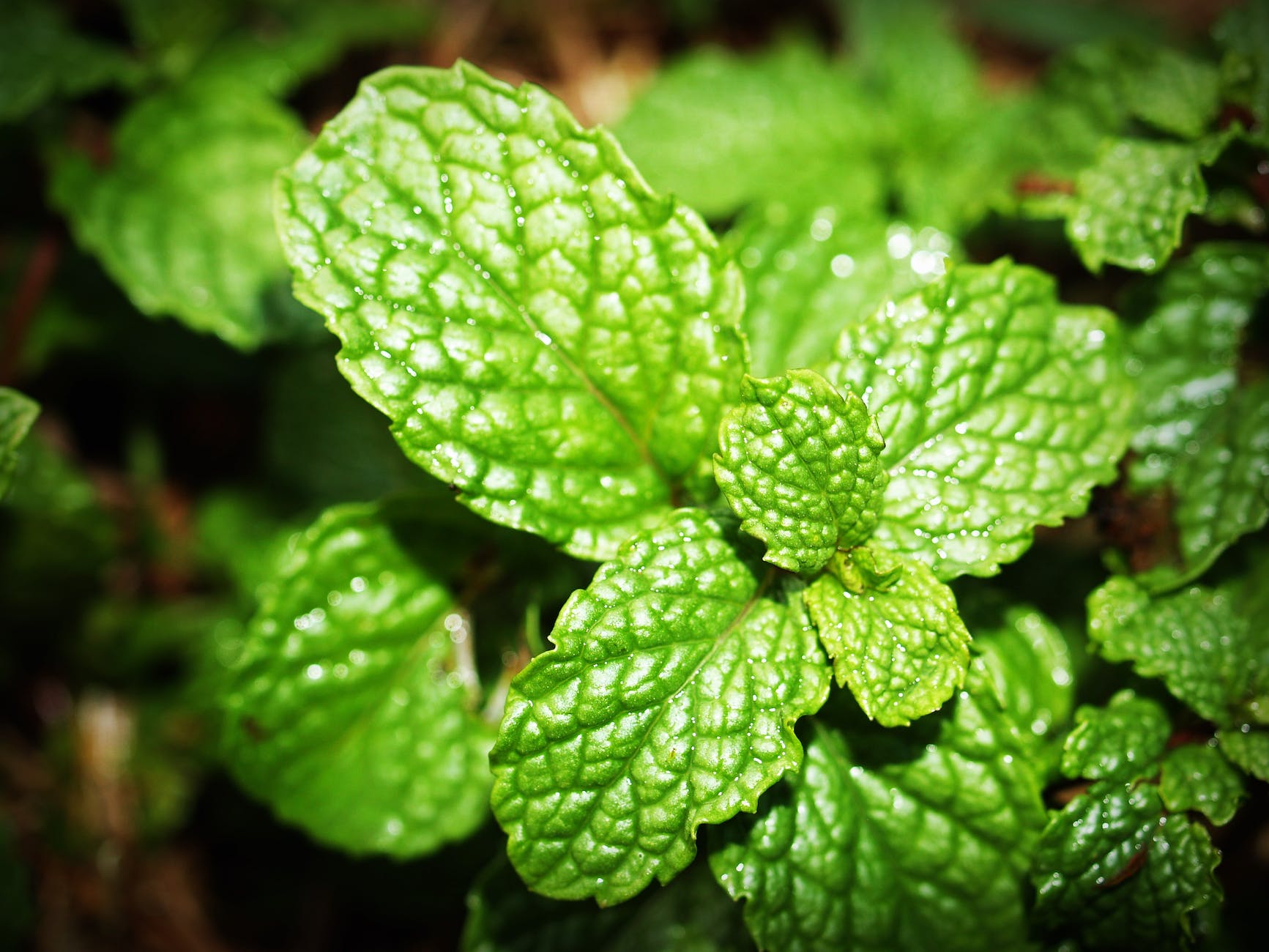
Rosemary
Rosemary is another double duty herb that works well in the kitchen as well as providing pest control. The strong scent of the rosemary leaves discourages mosquitoes from residing in the vicinity. Rosemary prefers full sun and dry conditions. You may plant this plant in ground or in containers as long as it has well draining soil.
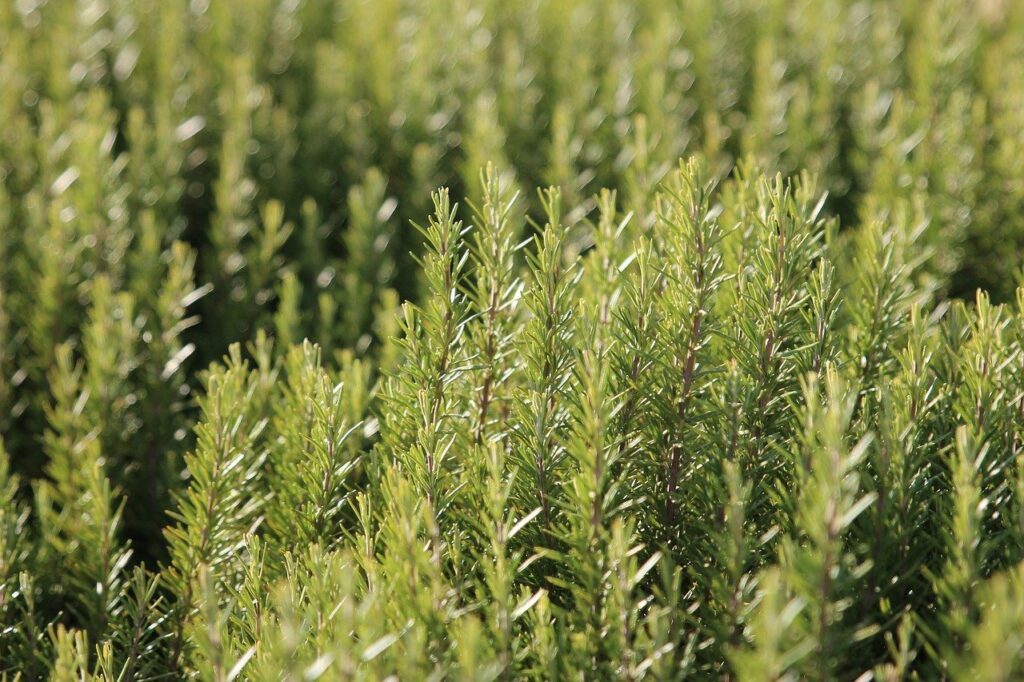
Sage
Not only is burning sage used for spiritual cleansing, but it can be useful to repel mosquitoes! Throw sage leaves into your campfire to repel mosquitoes or create a smudge stick for burning on your patio.
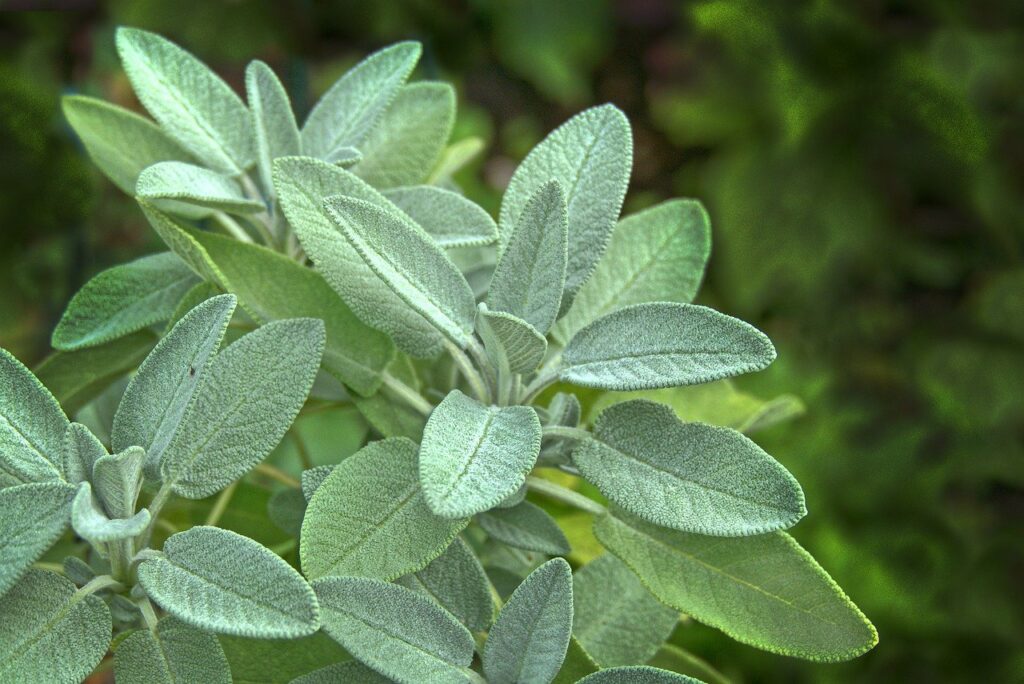
Tips to Repel Mosquitoes Naturally
In addition to incorporating some of the 15 plants to grow that naturally repel mosquitos into your landscape, be sure to empty and prevent any standing or stagnant water. Female mosquitoes lay eggs in or near standing water, so eliminating that water source will decrease future populations.
As with most of the plants, the most beneficial mosquito control is by using the crushed leaves of the plants which releases the essential oils. The strong smell of oil tends to provide the most benefit for mosquito deterrent. Some people may be more sensitive to the natural oils of the plants and can suffer from allergic reactions. Be sure to always spot test a small area if you will be applying the oil directly to your skin. Many commercially available herbal essential oils such as lavender, sage, lemon balm, citronella and more are available but many need dilution with a carrier oil when applying topically.
I like to combine a few of the herbs listed below in my flower beds surrounding the outdoor seating areas. Not only do the herbs offer visual interest, but they are also convenient to the kitchen. When I can get multiple uses of a plant whether for culinary, medicinal, or pest control I consider it a plant that is worthwhile to grow. We should explore these natural alternative pest control remedies before we turn to synthetic chemicals that may be harmful to us. Incorporating a variety of different plants in our landscape helps create a diverse ecological environment for beneficial insects as well. All of us gardeners want to attract as many pollinators to our vegetable garden as possible.



I am so glad to learn this. We have such issues with mosquitos.